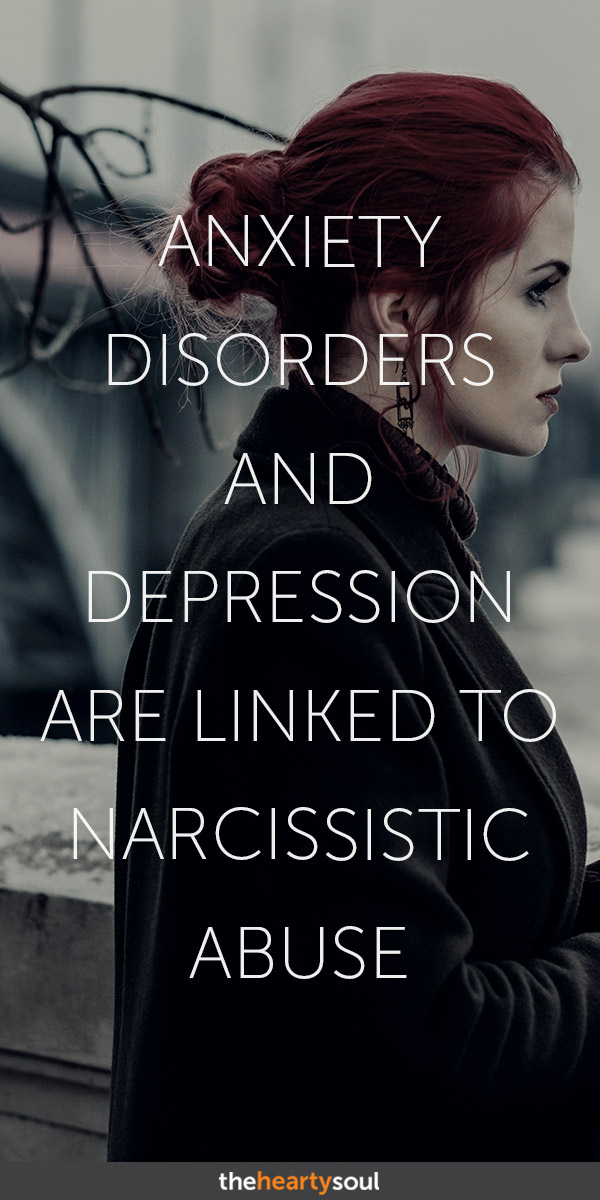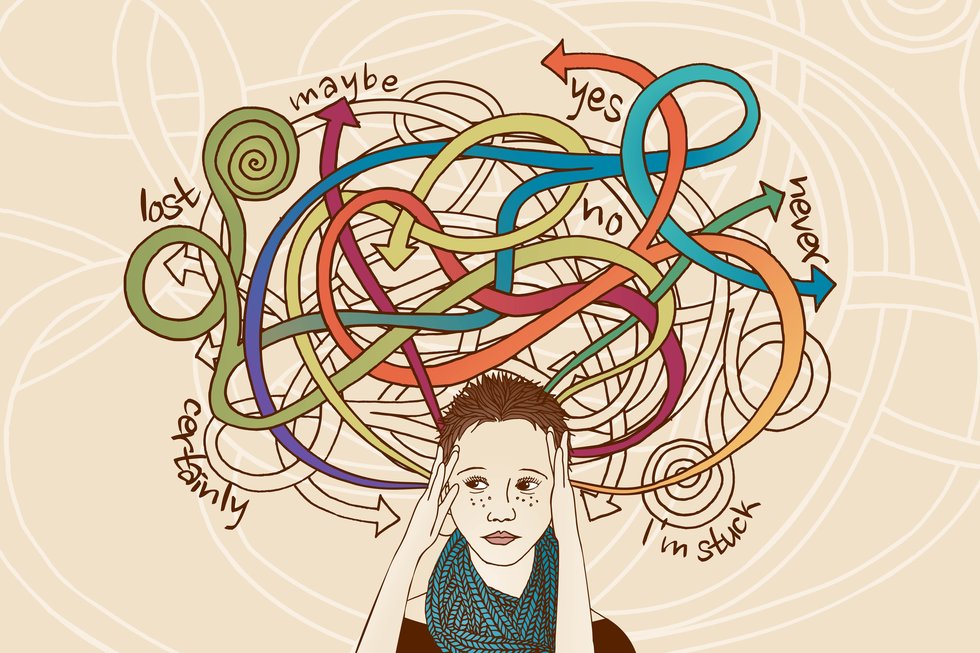Anxiety is one of the most common mental disorders, but it wasn’t always a “disorder.” In fact, anxiety is an evolutionary response encoded in you that helps you detect and deal with threats. For early man, living out in the wild, anxiety kept humanity on its toes and alert to predators.
In modern society, though, anxiety isn’t something we need psychologically yet it lingers. In people that suffered childhood abuse, particularly psychologically abuse, the predilection towards anxiety is often enhanced.
Research on mental vs. physical abuse
Research by Erika Lawrence, Ph.D., questioned whether psychological abuse was as detrimental as physical abuse. Her study on the science of abuse concluded that “psychological victimization may be more damaging than physical victimization.”
A recent article in the medical news journal, Chronic Stress, found that stress in childhood “exerts profound” short and long-term effects on a victim’s central nervous system. It makes them more prone to psychological disorders including:
- Major depression
- Post-traumatic stress disorder (PTSD)
- Bipolar disorder
If you suffered extreme childhood stress, your brain and the neuroendocrine system might be hypersensitive to stress later in life, particularly psychological stress.
Those in a relationship with a narcissistic abuser may be much prone to suffering one of these serious psychological disorders.
What is narcissistic abuse?
Narcissists operate on a shame-based system where they project their internal shame onto a victim.
Outwardly, a narcissist appears to be self-admiring, while harboring a deeply flawed internal dialog where they constantly feel a gap between how they are on “the inside” versus the façade they show the world.
To make themselves feel better about their psychological shortcomings, the narcissist manifests destructive defense mechanisms to harm those that care about them, destroy relationships, and intentionally inflict deep psychological wounds.
Some of the forms of narcissistic abuse include:
- Manipulation – indirect influence to influence behavior
- Verbal abuse – belittling, shaming, blaming
- Competitiveness – one-upmanship, cheating the rules
- Gaslighting – introducing doubt about the perception of reality
- Sabotage – intentionally disruptive interference
- Exploitation – taking advantage for personal gain
- Objectification – degrading, inhumane regard
- Isolation – cutting off access to a support network
Narcissistic abusers tend to target good and decent people that are compassionate, optimistic, empathetic, and trusting.
You may start a relationship with a narcissist because you want to understand and help them and might not be aware of their abusive nature until you’ve already let them into your life.
How narcissistic abuse affects you
A narcissist can devastate the psychology of anyone they victimize, but it’s even worse if you ‘re already the victim of childhood stress or prior abuse. You’re more prone to negative outcomes based on the physiological changes in your body caused by early-onset stress.
Narcissistic abusers will try and take over your life, shatter your self-confidence, make you doubt yourself, your sense of reality, and beat you down mentally – all to make themselves feel superior. What’s worse is that they will work to convince you that you’re the one that’s unstable.
The narcissist chips away at your natural defenses to tear you down. This destruction makes you more vulnerable to developing a psychological disorder such as anxiety or major depression. You may wind up sacrificing your sanity and stability while trying to help someone you love.
Do you want to stress less, sleep better, and feel abundantly happier… without drugs or anything crazy?
Get help to break free from your abuser
If you suspect a narcissistic abuser has you trapped in a vicious cycle, you must get help. As the studies show, mental abuse can be more devastating than physical abuse. The longer you remain in the relationship, the worse the effects.
The steps to take should include:
- Talk to a psychologist to identify and confirm the nature of the abuse
- Re-establish a support system
- Extract yourself from the abusive situation
- Rebuild your mental health and self-esteem
- Develop tools to recognize and prevent future abuse
It’s not your fault that you feel into the hands of a narcissistic abuser. Unfortunately, you were likely targeted by this personality type because you are a good person with the best intentions.
A narcissist will manipulate you into thinking you’re to blame for what’s happened, but it’s not true. Get the help you need to get out of this situation, so you’re no longer trapped in an abusive cycle!
If you found this article helpful, please don’t be afraid to SHARE it with your family and friends on Facebook.
Shared with permission from our friends at Higher Perspective.






